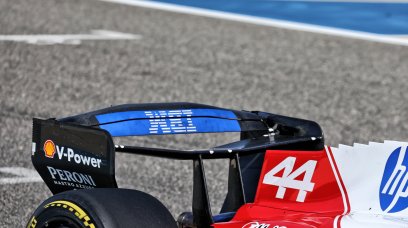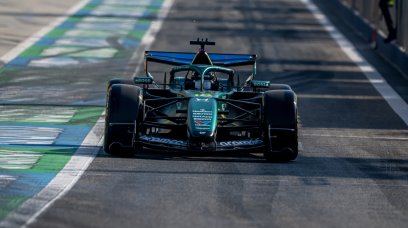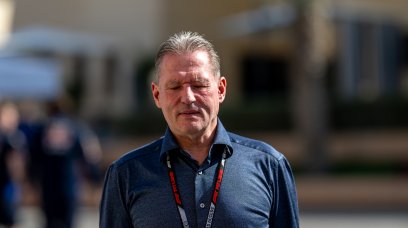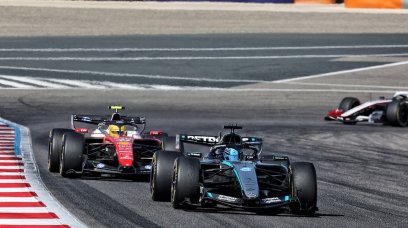Max Verstappen has urged F1 to make changes to the calendar to reduce travel and better mitigate the effects of racing in different time zones. With the paddock readying itself to embark on two triple-headers over the final eight weeks of the season, the schedule and its demands has come under sharp focus. In recent years, F1 has come under increasingly intense scrutiny for the rigours of the calendar, with the championship in the midst of a record-breaking 24-grand prix slate this year. When the six sprint events are included, F1 is up to 30 races across the season. The strain it puts on those working within the series, more so than on the drivers, has been the major talking point and F1 has already moved to reduce travel by making the calendar more geographically-orientated through clustering events in certain regions. For that reason, this term, the Japanese Grand Prix was held in April as the Azerbaijan Grand Prix was pushed back to September - in essence, a near-direct swap. However, despite the positive steps, drivers and others within the paddock want to see more done in the future to alleviate the strain of triple headers, particularly when across different time zones. "I've always said it's quite a lot of races that we have in the calendar," Verstappen told media including RacingNews365 . "But I think for me, it's more just travelling with the time-zone differences. "Between Vegas and Qatar, you're flying almost to the other side of the world again, which I think we can do a little bit of a better job if we do triple headers, that they are a bit closer together. For me, that would make a bit more sense. "So that's probably something that we have to look at. If we're going to do so many races, at least make sure that they are closer together."
Extensive travel makes it 'easier to get sick'
Whilst the next triple-header sees F1 travel from Austin, Texas, to Mexico City to Sao Paulo, the final three-round run begins in Las Vegas, Nevada, before heading to Qatar ahead of the final round of the season in Abu Dhabi. During the Americas triple-header the paddock will go back an hour between the United States and Mexico City Grand Prix before jumping three hours forward when it reaches Brazil. Further still, there is a 10-hour time difference between Las Vegas and Qatar to start the season-ending rounds. Last season, there was considerable sickness in the paddock when F1 moved from Nevada to Abu Dhabi for the final two rounds, something Verstappen highlighted when pointing out the stresses involved. "Of course, it depends on ticket sales," the Dutchman said. "But at the end of the day, you have to come to a bit of a middle ground, right? "It's a long flight, Vegas to Qatar. But then, of course, you're in Qatar, you fly to Abu Dhabi, which is fine. For me, that is not a problem. "But yeah, end of the season, when you're getting a bit tired, it's easier to get sick. And then actually flying for a long period of time is not helping." His view was supported by Aston Martin driver Lance Stroll, who added: "I think we could probably do a better job, like Max said, just geographically linking up the races, so that we do Asia, and then America, and then the Middle East."
Most read








